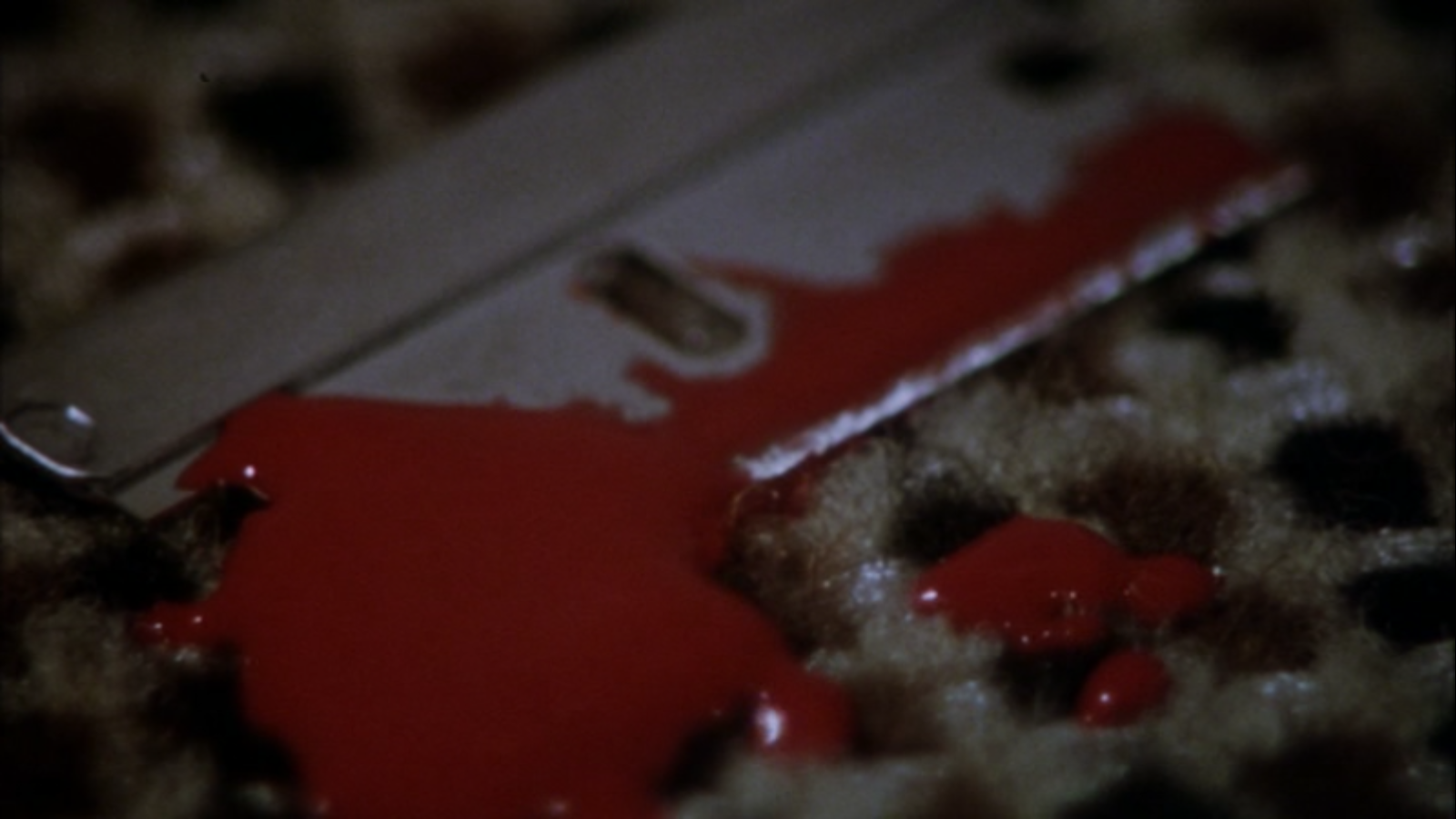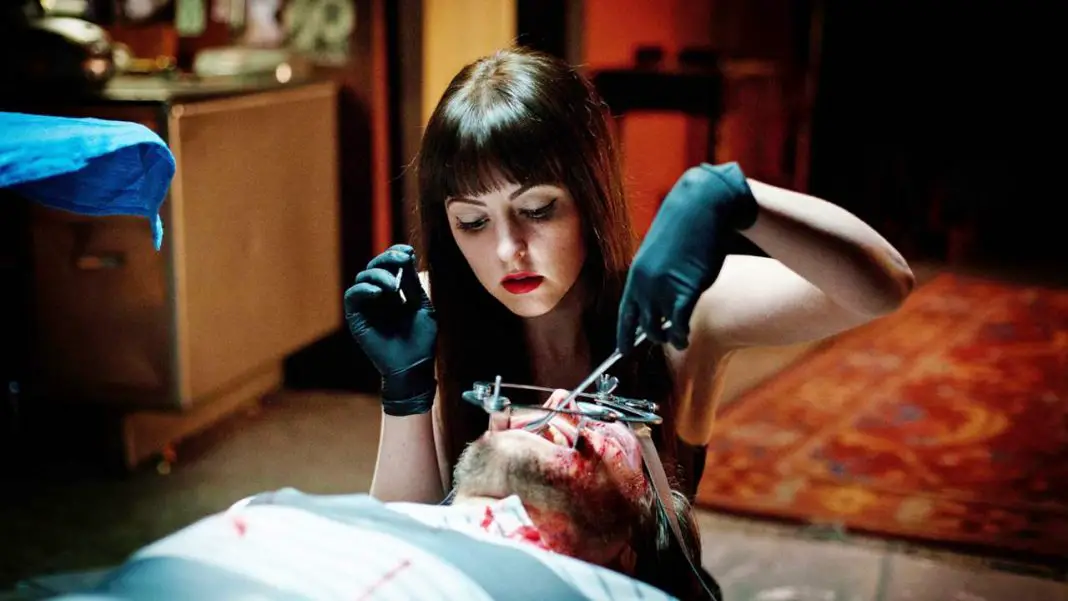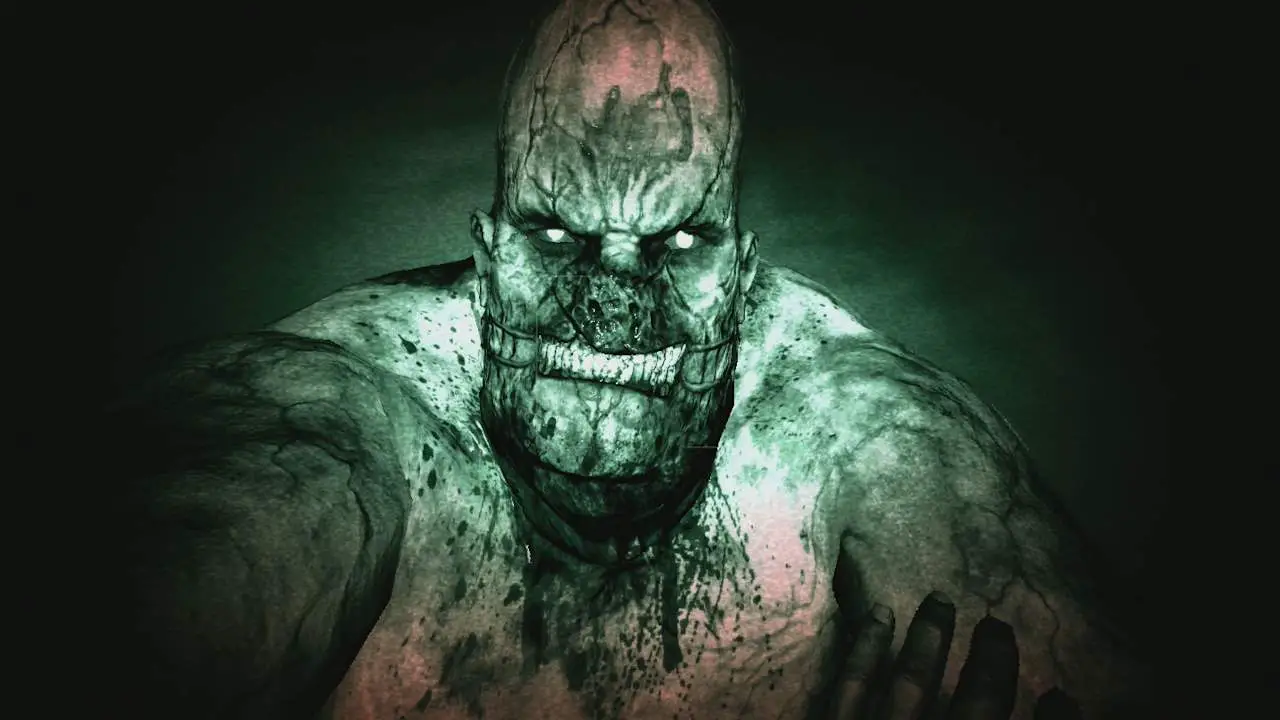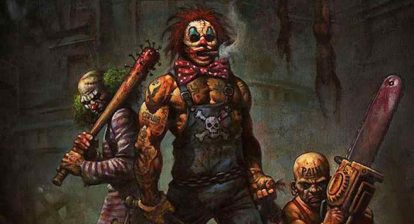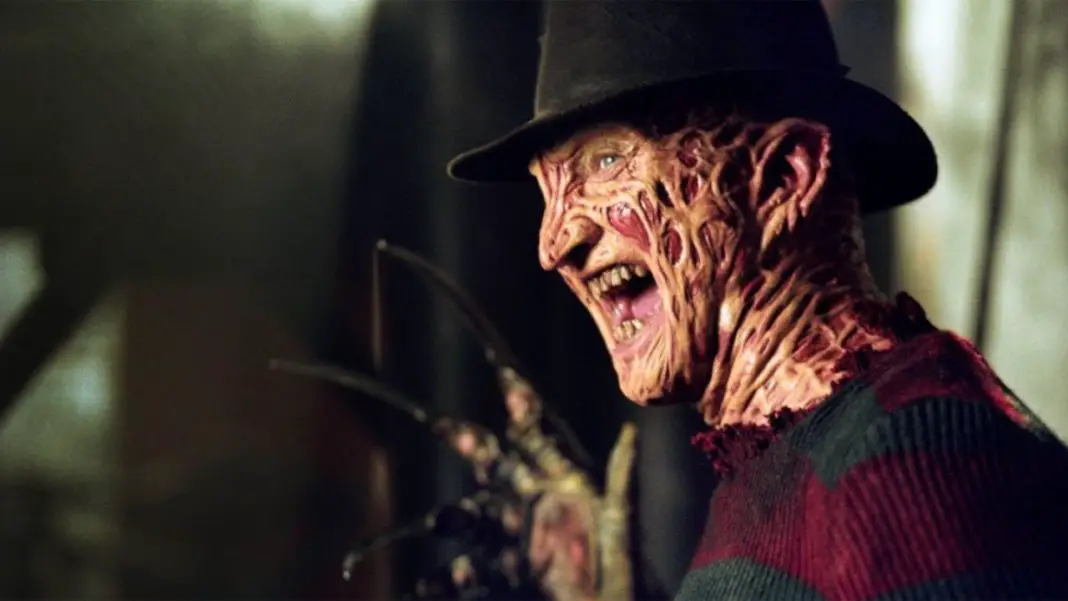George Romero had stated a couple of times that Martin was what he felt to be the best, most complete and closest to his original vision of all his films. Yet, even now, it remains one of his most under-seen. This is partially because copies have been historically difficult to track down. But Martin has been in the shadow of Romero’s more famous work for decades now. And it’s a shame, because it’s honestly a masterpiece.
Yes, it feels just as low-budget as Night of the Living Dead, but there’s an authenticity to Martin that most movies don’t have. It feels like a documentary. Like Romero found this young man right in the center of Pittsburgh and simply began following him around with a camera. There’s a grittiness to it. It even gets quite disturbing at times, mostly because of how seriously it treats its subject and how realistically everything is portrayed. But, like most of Romero’s best, it’s the concept itself that’s truly genius.
Martin is Romero’s vampire film. Whereas Romero essentially created the modern zombie genre with Night of the Living Dead and Dawn of the Dead, he’s doing the opposite here. He’s not restructuring it into something totally new. Instead, he’s looking at centuries worth of vampire folklore and traditions and bringing them into the modern world. While both Stephen King’s Salem’s Lot and Tom Holland’s Fright Night would also be firmly based around this concept, Martin feels fundamentally different from both of them. In fact, it feels fundamentally different from virtually every vampire film because Martin is not an actual vampire.
That’s such a simple conceit, but Romero works it brilliantly. And it allows for a clean slate when talking about vampire lore and traditions. Martin’s a blank canvas in some respects. Everything you want to project about vampires, you can project onto him. In fact, when he takes on the “Count” persona to call into a local radio show, that’s exactly what people do.
See Also: The Best of Horror Movie Marketing Campaigns

Martin isn’t just a commentary on the vampire genre, it’s about the danger of being stuck in outdated traditions, refusing to evolve with the times. In some ways, it truly is a more relevant movie now than it was when first released. Martin’s cousin Cuda wholly believes that the young man is a vampire and makes it clear at every opportunity that because of what he is, there is no hope for his soul, there is nothing he can do. He is damned and he deserves to die. This is beaten into Martin’s head in nearly every scene they share.
When this is the environment he comes from, it allows the audience to understand and identify with Martin a little bit. This thing he believes he is, it’s not a delusional fantasy. This is the only thing his family has ever told him. While it’s extreme, I’m sure that so many people can relate to being the black sheep of the family, for being told they’re going to hell because they’re different. Martin is a perfect example of what Romero nailed when he was at his best: It’s using an extreme example to highlight the extreme things we’re already doing to each other.
Also See: Seven Video-Era Monster Movies You May Have Missed
The extremes in Martin might be a little far off, but they’re never that far off. This absolutely could happen. Vampirism is always a metaphor for something, from sexuality to addiction and everything in between. Here, it’s unique in that those traditions have been cast aside—although there are certainly elements of both of them in Martin’s blood drinking scenes—and instead it stands for religion. Cuda is a traditionalist and certainly draws many parallels to an extreme fundamentalist.
He’s a man who insists that his faith dictates that certain people do not have the right to live, period. That’s something that’s never gone away and probably never will. It’s still one of the most dangerous things that people believe in modern society. It’s the cause of most of the world’s extremely terrible conflicts. It’s at the root of some of the most horrific acts of violence. Here, just as he does with the Dead series, Romero is looking at this under a microscope. He’s using the relationship between these two characters to look at the ugly side of religion—not saying that having faith is terrible, but that being stuck in archaic beliefs does nothing but breed conflict and prejudice.
Martin believes he’s a vampire, yes, but he believes that because it’s the only thing he’s ever been told. By the time his cousin Christina enters his life, trying to get him some help, it’s already too late. That’s the tragedy at the core of the movie, which Romero explores in a brilliant and poignant way. The one person who could probably help Martin and get through to him enters his life just at the point when he is truly beyond help.
Martin treats vampirism as a disease, that’s what I think ultimately sells the feature. When we think of someone who might believe themselves to really be a vampire, we always think of someone who’s living out a fantasy, who’s glorifying it, but that’s not Martin at all. In fact, he’s jealous of those people, those that get to pretend to have all the cool powers that he knows he doesn’t have. All he’s stuck with is an unquenchable thirst for blood, the one and only thing that defines a vampire when you strip the concept to its core. It’s perfectly embodied by the film’s most remembered line, “There’s no real magic ever.”
Did You Know? Wicked Horror TV Has Independent and Classic Horror Films Available for Free!
 It’s a crushing statement, even an almost childlike statement, because in many ways Martin is like a child. His emotional growth has been completely stunted by one thing that’s been beaten into his head all his life. Yes, he’s dangerous and scary and we don’t want to root for him, but to some degree we still do. It’s easy to sympathize with Martin because Romero does an astonishingly good job of showing us exactly how Martin came to be the way he is without ever directly explaining it. We don’t even get complete confirmation that he isn’t a real vampire, because we don’t need to.
It’s a crushing statement, even an almost childlike statement, because in many ways Martin is like a child. His emotional growth has been completely stunted by one thing that’s been beaten into his head all his life. Yes, he’s dangerous and scary and we don’t want to root for him, but to some degree we still do. It’s easy to sympathize with Martin because Romero does an astonishingly good job of showing us exactly how Martin came to be the way he is without ever directly explaining it. We don’t even get complete confirmation that he isn’t a real vampire, because we don’t need to.
One scene with Cuda and we understand exactly where Martin comes from, why he is the way he is, the environment he was raised in that clearly proved toxic and helped to turn him into something he thinks he needs to be because he’s never been told he could be anything else.
As strong as the script and direction are, John Amplas’ performance as the titular character is what seals the deal and drives it home. He’s so quietly nervous in every single scene, even when he’s killing someone. In fact, those scenes are the moment when Martin is at his most anxious. He’s terrified every time he’s about to hurt someone and that’s something that you never see in a movie like this. At best, films give those great, fleeting moments where you can tell the antagonists are shocked by what they’ve done. But Martin is terrified of himself from the first scene to the last.
If anything, Martin should be remembered for its place in the scope of vampire cinema, let alone Romero’s filmography. It’s so clearly a product of the same era that essentially produced the sympathetic vampire. The ‘70s was a decade of Dark Shadows and Interview With the Vampire (in book form). Martin certainly takes the concept of adding humanity to vampirism to the most literal degree. The result is truly one of the best horror films of its decade.
Follow us on social media: Twitter, Facebook, and Instagram.
